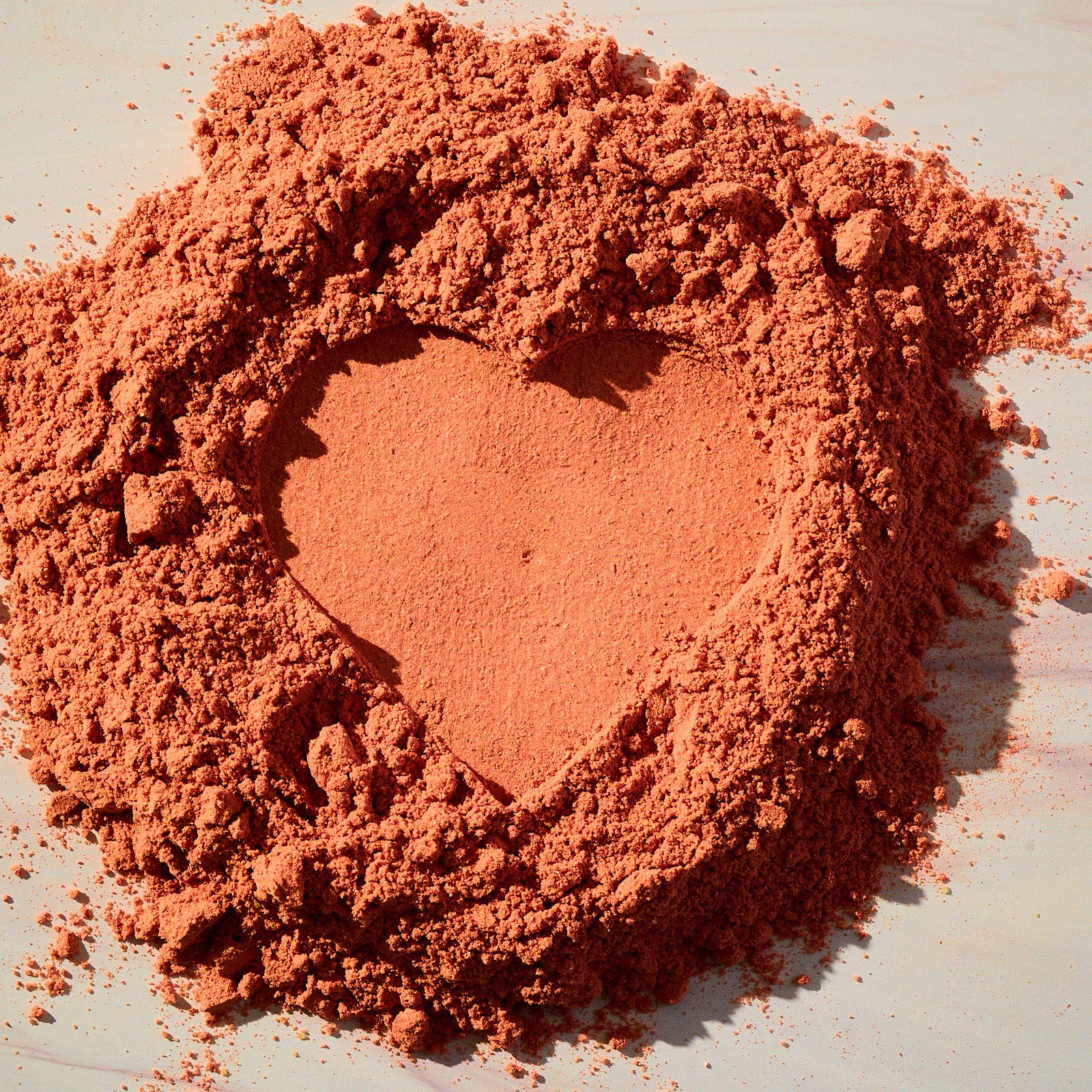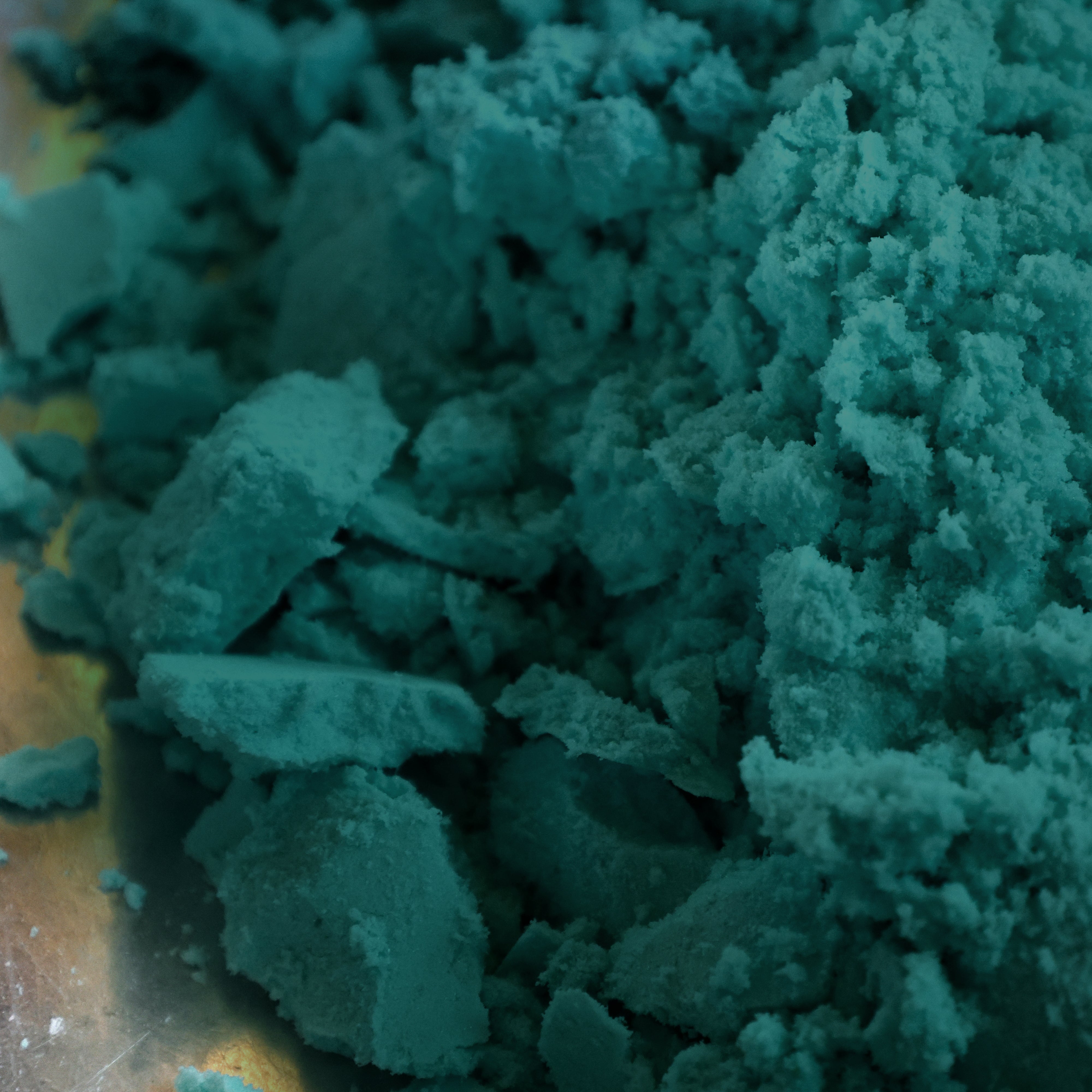If you’ve ever tried to lose weight, you probably know that it usually requires substantial effort. And if you feel that you're not seeing weight loss results as quickly as you used to, you wouldn’t be wrong.
Our bodies start to look, feel, and function differently as we age; as a result, the process of weight loss also changes. Unfortunately, this usually means that it becomes more challenging.
But don't lose hope just yet. Aging is a natural process of life, and the best way to go about it is to acknowledge the different changes happening and ways to adapt. Let’s take a step back and understand why weight loss looks different after 40.

Weight Loss 101: How Metabolism Works
Metabolism, the process of our body converting food into energy, plays a key role in weight loss. Your body needs to burn more calories than you consume to lose weight — therefore, a well-regulated metabolism is a must-have!
Certain age-related factors can affect our metabolic function as we age. Lifestyle choices also play a large role in weight loss in older age. Here are four ways our age affects weight loss and lifestyle choices:
How Age Affects Weight Loss
Your bones get weaker, making mobility more challenging.
As you age, your bones get weaker as a result of calcium and bone density loss. This phenomenon tends to start around age 50 and continues thereafter. This increases the risk of osteoporosis, a bone disease that causes your bones to become brittle. That’s why it becomes increasingly important to take precautions to avoid bone breakage and bone fractures!
Older adults can also experience stiffness in their joints that leads to increased joint pain. This, combined with weaker bones, make mobility and strenuous exercise more challenging. High-impact activities, like jumping or running on hard pavement, can cause pain that you may not have felt before.
There are ways to safely continue exercising for weight loss. Aerobic exercises like fast walking, swimming, and dancing are great forms of activity that can get your heart rate up and help you burn calories.
Additionally, try supplements like Turmeric Curcumin with BioPerine® and Vitamin D3 to support the positive effects of your workouts. These supplements can help to encourage joint comfort and good bone health, respectively.*
You get less quality sleep, which interrupts your metabolic function.

Sleep is more important for weight loss than you might think! Aging can affect sleep quality, which can then have a detrimental effect on proper metabolic function.
Older adults can suffer from decreased sleep quality as they experience changes to their sleep patterns. This often looks like waking up more often throughout the night.
This can complicate weight loss since sleep is linked to our metabolic system. When you get less sleep, you disrupt the regulation of two key neurotransmitters, ghrelin and leptin, that regulate your appetite. In simple terms, the disrupted regulation of these two neurotransmitters can lead to an increased appetite.
Changes to sleep patterns may be unavoidable, but you can reduce sleep disruption by keeping consistent sleep times and regulating your stress levels. In the case of an increased appetite due to sleep changes, Raspberry Ketones may support natural appetite management.*
Your weight can fluctuate due to hormonal changes.
After 40, those with uteruses have a higher chance of experiencing menopause. Menopause occurs when the uterus no longer builds up and sheds a lining each month. This cessation can bring about many hormonal changes.
The main hormonal change is a drop in estrogen levels. Lower estrogen levels can increase the storage of visceral fat (fat that tends to wrap around your abdominal area) and the appearance of belly fat. Although this change isn’t necessarily tied to weight gain, it can still alter how you look.
Menopause even changes metabolic function by bringing about hormonal-related sleep disruption. Menopausal and perimenopausal people can experience hot flashes, night sweats, and other symptoms that can disrupt the amount of quality sleep they receive. As we mentioned, this affects the ability to lose weight.
But fear not, there are ways to remedy hormone-induced changes. Visceral fat is considerably more dangerous than its counterpart, subcutaneous fat; however, it's the first to go as you lose weight. You can also increase sleep quality and quantity with the solutions outlined previously. Additionally, try certain supplements, like Magnesium, to support naturally restorative sleep.*
We increasingly lose muscle mass.

After 30, adults lose about 3% of their muscle strength every year. And after 60, muscle loss happens even more quickly. In fact, over 10% of those over 50 will experience accelerated age-related muscle loss, a condition known as sarcopenia.
Muscle mass is particularly important for weight loss and metabolic function. More muscle mass equals a higher resting metabolic rate, resulting in faster caloric burn and easier weight loss. Therefore, older adults can find it more challenging to lose weight as muscle mass decreases.
Adults can inhibit muscle loss by focusing on muscle-building strength training. You can implement activities like yoga and pilates in your weekly routine in addition to weight training. Ashwagandha can encourage ongoing muscle strength and support normal recovery times, too!*
Weight Loss and Aging: It’s Normal to Experience Change
When the weight-loss tactics you relied on in your younger years no longer work, you may feel frustrated or confused. However, understanding how your body ages is the first step to finding new ways to lose weight that do work. In due time, you'll adapt to your body's new normal!
















